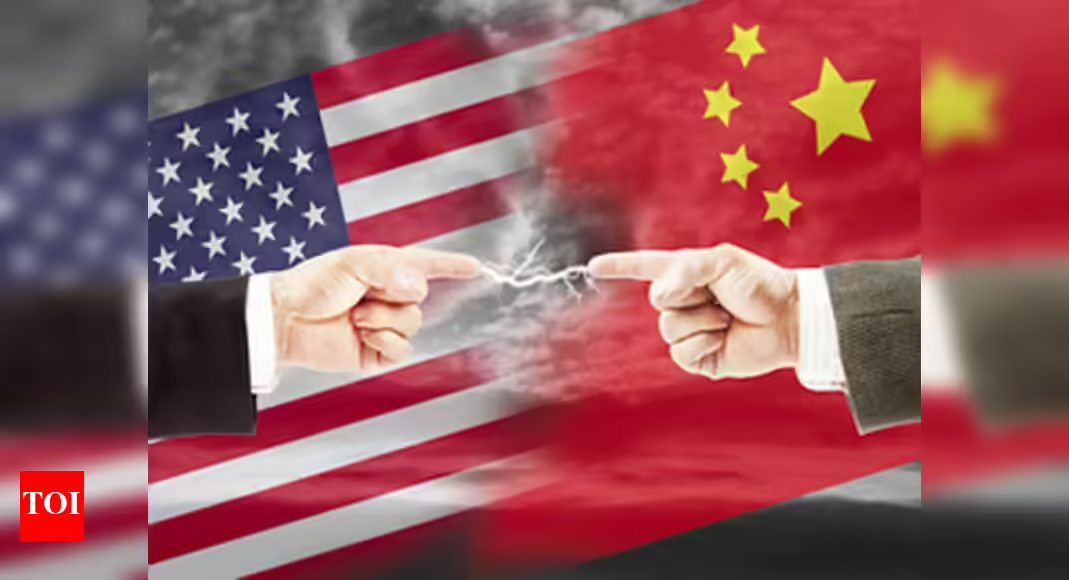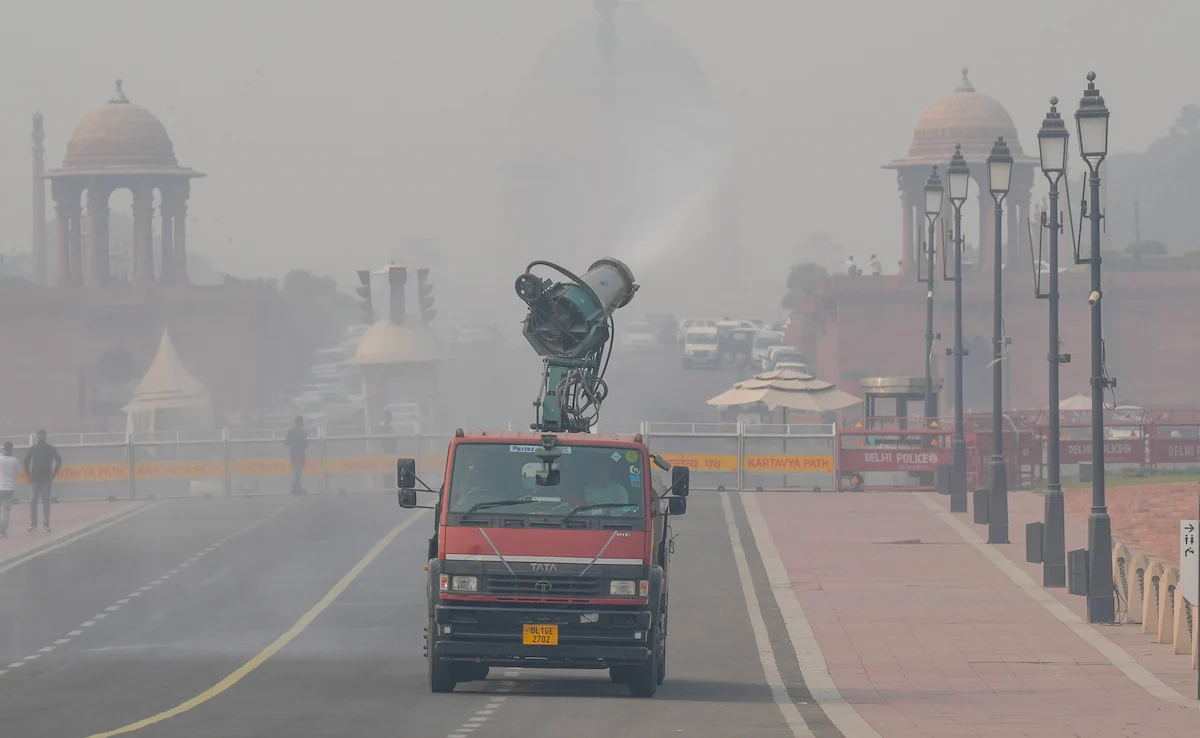Context
The sixth China-United States Exchange Foundation (CUSEF) Forum titled “Circles for Peace” was held in Hong Kong in November 2025, during an increasingly tense and mistrustful phase in US-China relations. The forum emphasised the need for new frameworks for cooperation, AI governance, crisis-prevention, and highlighted Hong Kong’s role as a neutral middle space.
Background: What is the Issue?
- The US-China rivalry has intensified across geopolitical, economic, technological and military
- Existing mechanisms like strategic engagement, guardrails, and managed competition are proving inadequate as mistrust increases and the risk of miscalculation grows.
Key Details
- Strategic tensions have reduced space for nuance, dialogue and academic exchange between both sides.
- People-to-people contact has declined sharply, with reduced student exchanges.
- AI and technology governance emerged as core issues because AI is viewed as an international public good requiring global regulation and shared rules.
- The unresolved Taiwan dispute, fear of accidental confrontation (like the EP-3 incident of 2001) and militarised rhetoric increase the risk of conflict.
- Nations want reliable crisis-prevention systems that keep working even when political tensions rise.
Significance
- A breakdown in US-China relations could destabilise global supply chains, technology regulation, climate action, and economic security.
- Great-power confrontation may push the world towards polarisation, weaponised technology, economic fragmentation and security crises.
- There is growing fear that the global commons (climate, health systems, AI, space) may become collateral damage in superpower competition.
Hong Kong’s Role
- Hong Kong acts as a bridge between two very different political and economic systems, allowing both sides to communicate.
- It offers a neutral space for dialogue, even though it is becoming more closely aligned with China.
- To continue playing this global role, Hong Kong needs to maintain transparency, global connectivity, cultural openness, and its unique mix of Eastern and Western identities.
Lessons for India
- India should maintain strategic autonomy, meaning it must avoid taking sides rigidly with either the U.S. or China and instead protect its independent decision-making.
- India needs to strengthen its technological, economic, and institutional capabilities to confidently navigate global competition.
- India must promote people-to-people contact, youth exchange programmes, and public trust in technology, because long-term diplomacy is built on relationships between societies, not just governments.
Implications
- The old bipolar global order is weakening, which means the world can no longer rely only on two superpowers dominating global decisions; instead, more countries will need to participate in shaping the future.
- Global challenges such as climate change, pandemics, unstable supply chains, and AI governance cannot be solved by rivalry, and therefore require joint leadership and shared responsibility from all major powers.
- The future world order will not be built through ideological battles or military confrontation, but through practical cooperation on issues like technology, energy security, public health, and economic stability.
Challenges and Way Forward
| Challenges | Way Forward |
| Rising mistrust and shrinking diplomatic space between US and China | Develop new frameworks for dialogue, crisis-prevention mechanisms, and institutionalised communication |
| Militarisation of issues like Taiwan increasing chances of conflict | Create neutral conflict-management platforms and strengthen preventive diplomacy |
| Decline in people-to-people ties and cultural exchange | Promote academic, youth and cultural programmes to rebuild familiarity |
| Technology competition without global rules increases security risk | Build inclusive AI governance and international regulations based on transparency and equity |
| Risk of global commons becoming collateral damage | Encourage cooperative leadership to protect climate, health systems, and outer-space governance |
| Fear-based narratives shaping public opinion and narrowing policy options | Encourage nuanced discourse, independent scholarship and informed debate |
Conclusion
The US-China relationship will remain competitive and turbulent, but confrontation is not a sustainable option. The world, including India, must build spaces for dialogue, cooperative mechanisms, and rules-based governance. In an uncertain era, responsible engagement and strategic autonomy are essential for shaping a stable global future.
| Ensure IAS Mains Question Q. In the context of rising tensions between the United States and China, discuss the importance of middle spaces for global diplomacy. How can India maintain strategic autonomy while navigating a fractured global order? (250 words) |
| Ensure IAS Prelims Question Q. Consider the following statements: 1. The EP-3 incident refers to a US-China mid-air collision in 2001 that escalated into a diplomatic crisis. 2. Hong Kong is positioned as a neutral platform for discussions between major powers due to its cultural and economic interlinkages. 3. Artificial Intelligence is increasingly viewed as an international public good requiring cooperative global governance. Which of the statements are correct? a) 1 only b) 1 and 2 only c) 1, 2 and 3 d) 2 and 3 only Answer: c) 1, 2 and 3 Explanation Statement 1 is correct: The EP-3 collision near Hainan in 2001 heightened U.S.–China tensions. Statement 2 is correct: Hong Kong plays a bridging role enabling dialogue despite political challenges. Statement 3 is correct: AI governance is now considered a global public good requiring international rules. |
Also Read | |
| UPSC Foundation Course | UPSC Daily Current Affairs |
| UPSC Monthly Magazine | CSAT Foundation Course |
| Free MCQs for UPSC Prelims | UPSC Test Series |
| Best IAS Coaching in Delhi | Our Booklist |





